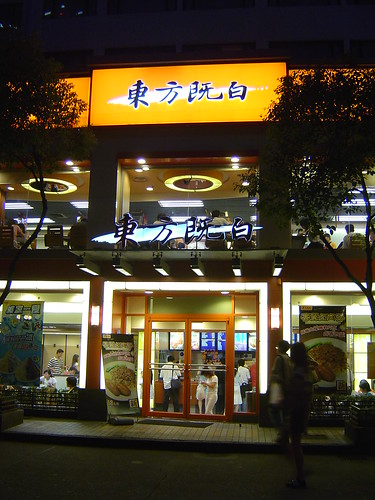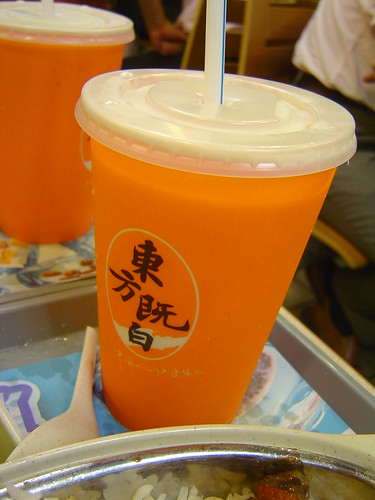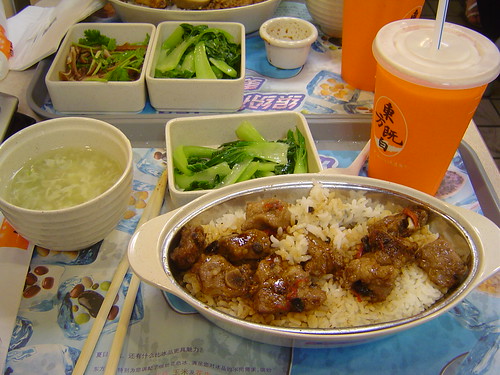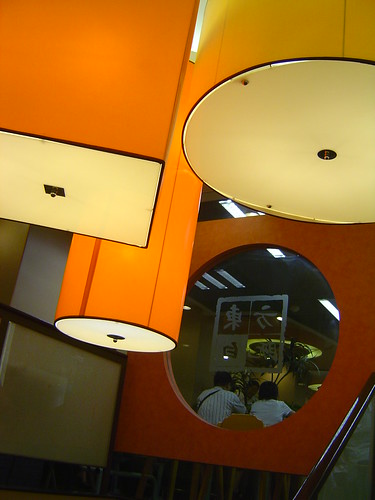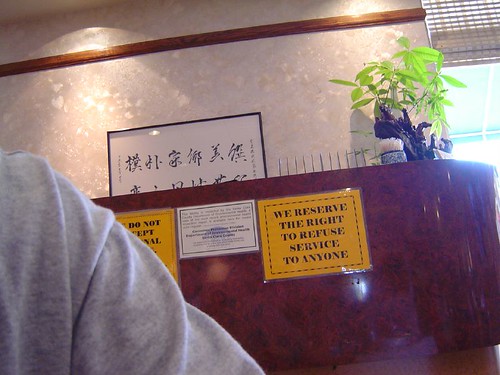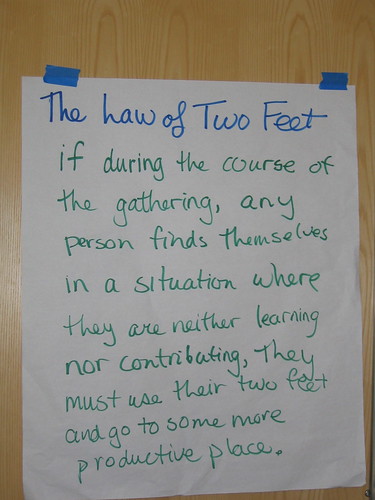I enjoyed chatting with George from New York the other day in my garden. We discussed about doing business in China.
George said, when he consulted his friends about anything in China, he often got the answer: “It is not impossible, but difficult”.
“It is really frustrating to me”, George said, “basically they didn’t answer my question at all.” George added, “What on earth does it mean by Not impossible but Difficult?”
That is the Way it Works
I laughed out load. I rest assured George that it is very common answer, and is absolutely the right answer to many questions he asked. If he asks me a lot of questions, I would answer the same way, “it is not impossible, but difficult”. Let me tell you why.
In China, the culture is not based on philosophy, reasoning or mathematics.
Mathematics and most science has predictable and certain answers.
If you ask
What is the result of 1+1?
The answer is 2.
But human being is not that predictable.
If you ask
What happens if I show this picture to this person?
The human interaction is not that predicable.
He may smile;
he may turn away;
he may be angry;
he may also run into tears.
It depends on all kinds of factor including what the picture is about, what the relationship you have with the person, what time do you show the picture in his life. When there are too many factors, we call it something like an ART.
U.S. rules works more like mathmatics; China rules more works like human being.
In U.S., rules works like science and mathematics. If you ask:
“Can I do this?”
Typically, you get a Yes or No answer.
In China, it’s more like an art, instead of an equation.
“Can I do this?”
“Well. It depends.
Typically, you CANNOT do that.
BUT if you know the person who is in charge of this, MAYBE you can do that.
BUT if it is the time that the law is enforced these days, even your friend MAY NOT be able to help you these days.
BUT if you wait for several days, your friends can help you with that….
The scenario is on show everyday.
Here are some examples.
Regulations?
The new law system in China is just developed within 50 years, with 20 years of interruption (when basically no law at all). So it is not mature, and people didn’t get used to laws and regulations yet.
For example, if you ask “Can foreign Internet companies run business in China?” Well. It is a tough question. If you expect YES or NO answer, it is your problem that you don’t under the country at all.
The right answer MAY be “NO”, because there are regulations and laws explicitly says foreign Internet companies cannot operate in China.
But don’t stop here. Otherwise, you are assuming no one in China ever realized the existence of Microsoft, Yahoo!, Google, or any NASDAQ listed Chinese Internet company, like Sina, Sohu…
It seems the answer is “YES” despite of the laws, but you cannot say that. It is very complicated to hand the situation in China, that requires skills not available from someone who never lived in China.
It is Not Impossible, But it’s Difficult
You will experience these type of answer all the way.
Something I feel very strange with I discuss topics with my foreign friends is, they try to think stuff in a logic way.
People keeps asking questions to me. It sounds like “What is the difference between the two markets, China and U.S.?” “Why does people do this?” “Did they do this because of this…?”
Well. For me, I tried very hard to answer the questions, but to be honest, I felt I am not telling the truth. It is not accurate to answer with either “YES”, or “NO”. There are not directly reasoning between cause and results. For me, I do be able to answer many questions in the western thinking model, but many times, if I do care to help people to under the local market, I would stop and say: “The reasoning and logic people use here is different from the one you use.” “Let’s start again by analyzes it in this way….”
That is the reflection of Asian culture “Harmony” + “Ambiguity”
When the West Meets the East
When the West culture meets the East in Shanghai, there are a lot of conflict.
I see people from the States come to China to make money. They just come and go. Some makes huge money, and some just keep losing money. The difference relies on the way people think. I am quite amazed to see how difference the gap is.
It does not work that well to believe rules, science, mathematics, western logic and all these stuff to be the ONLY and Universal way. There are countries in Asia that human factors play more important rules. It does hurt efficiency, I agree, but it is the reason why the culture lasted thousands of years – no single way to run smoothly in this country, but no single force can destroy this country. It’s like how the nature works.
If you don’t understand what “It is not impossible, but it is difficult” means, you don’t really understand China yet.
P.S. I have a special category called westmeetseast in this blog, and put all observations about this culture conflicts under this category. As you may noticed, I finally decided to remove Google Adsense from my individual entry page, and use the precious place to place a navigational box of “related entries”. Hope you will find the small box helpful to find related articles.
